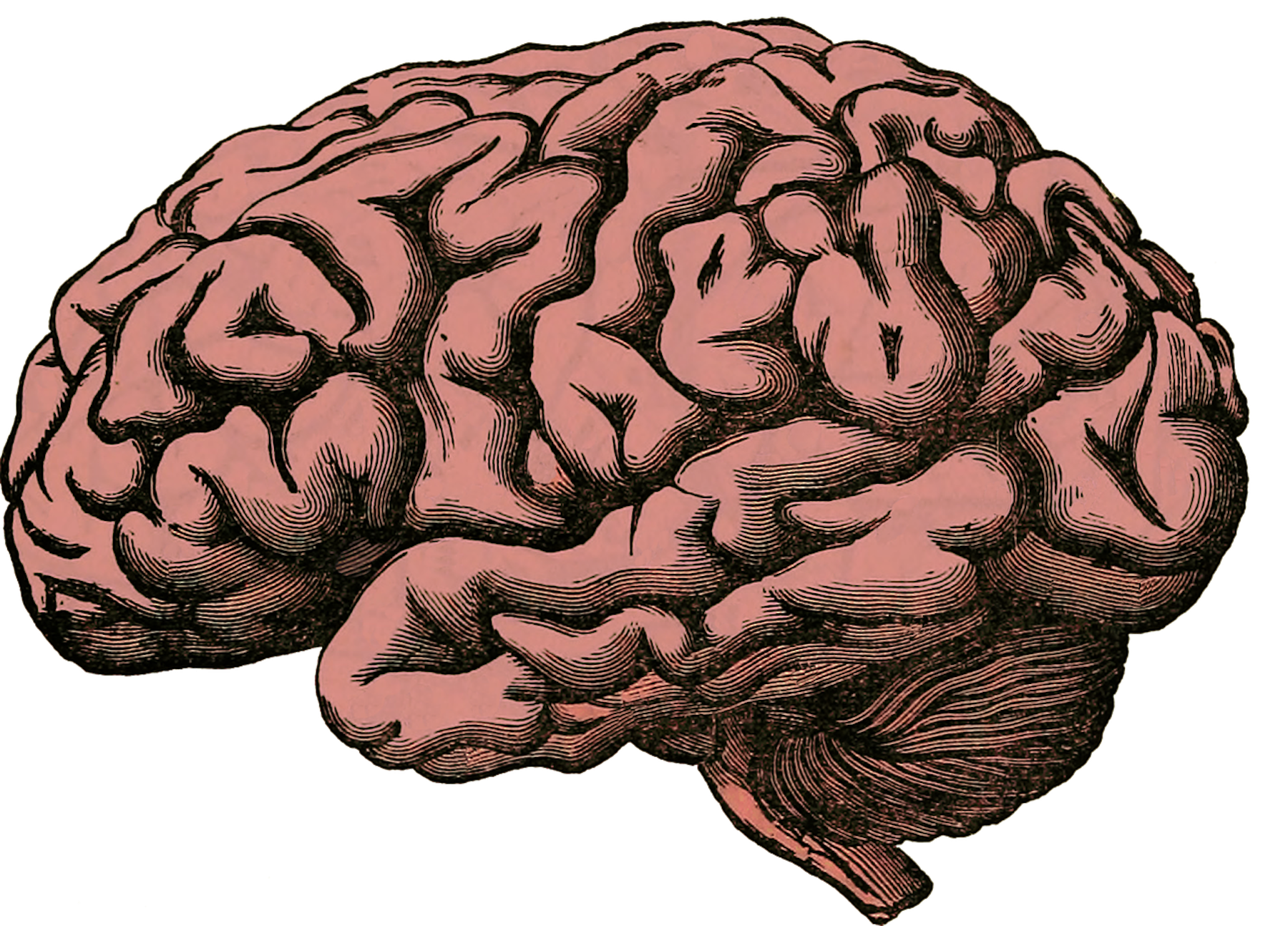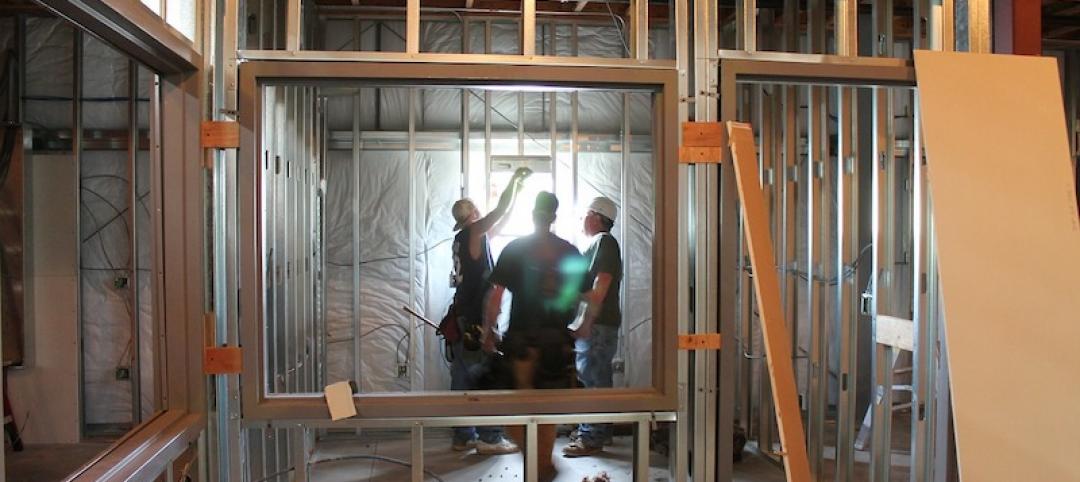HKS and The University of Texas at Dallas’ Center for BrainHealth are conducting a six-month study to improve the way the firm’s employees work, collaborate, and innovate, both individually and as an organization, according to a news release.
The ongoing COVID pandemic has contributed to high levels of worker burnout, even though efficiency and productivity in many industries remain high in this era of hybrid work, the release notes. The study will assess this and other factors.
“The data compiled will be confidential and used to inform our own flexible workplace policies and how we design the built environment for peak brain performance,” HKS says. Nearly 200 HKS employees are involved in the Center for BrainHealth’s BrainHealthy Workplace program, which offers online training, think tanks, and daily brain exercises over a six-month span to optimize brain health.
Dr. Upali Nanda, HKS global director of research, said the partnership with the Center for BrainHealth could be a critical tool in mapping the firm’s future, with worker wellness at the forefront. “It is particularly timely right now when we are in this era of experimentation around the workplace and are battling high levels of burnout,” Nanda said. “Understanding the tenets of brain health allows us to reframe the role of the workplace, leverage the potential of flex work experience, and focus on peak performance of our people and their ability to think, create, and innovate.”
Related Stories
Codes and Standards | May 8, 2020
New NIBS report evaluates natural disaster mitigation strategies
Document examines strengthening buildings for flood, wind, wildfires, and earthquakes.
Codes and Standards | May 6, 2020
A few ways contractors can manage COVID-19 risks
Staggered start times, rigorous tool cleaning, virtual training among the strategies.
Codes and Standards | May 5, 2020
NAHB loses influence in 2021 IECC building code development
Despite objections from the National Association of Home Builders (NAHB), the development of the 2021 International Energy Conservation Code (IECC) is nearing conclusion. NAHB objected to several more stringent energy efficiency provisions.
Codes and Standards | May 5, 2020
2020 IECC will lead to significant carbon emissions reductions
New model building code nearly finalized.
Codes and Standards | May 4, 2020
New York expands prevailing wage law
Now includes private projects with 30% or more of public subsidies.
Codes and Standards | May 1, 2020
OSHA says most employers don’t have to track worker COVID-19 infections
Agency clarifies responsibility for contractors, others.
Codes and Standards | Apr 29, 2020
New York City tightens restrictions on construction during pandemic
Dept. of Buildings has issued more than 100 violations and stop-work orders.
Codes and Standards | Apr 28, 2020
ASHRAE, WELL panels to tackle revising standards to limit spread of viruses in buildings
Will examine ways to reduce infectious threats through building designs and operations.
Codes and Standards | Apr 24, 2020
Dept. of Labor issues guidance for respiratory protection during N95 shortage
Elastomeric respirators or powered, air-purifying respirators, and expired N95s are allowable alternatives
Codes and Standards | Apr 23, 2020
Group will create ecosystem for smart building data
Seven Finnish companies aim to integrate all technical systems into a single platform.

















